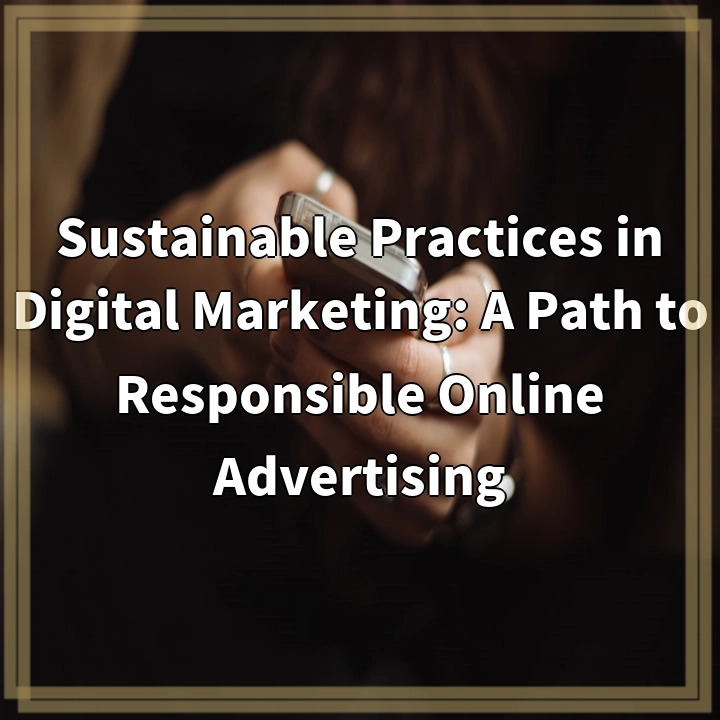
What is Green Marketing?
Green marketing is a business strategy that focuses on promoting products or services that are environmentally friendly. It involves communicating the sustainability benefits of these offerings to customers and positioning the company as being socially responsible. Green marketing aims to meet consumer demand for environmentally conscious products while driving positive environmental and social change.
Real-World Problems Associated with Green Marketing
Despite the positive intentions behind green marketing, there are several challenges and concerns in its implementation and practice. It’s important to address these issues to ensure transparency, accountability, and long-term success in sustainability efforts. Here are some of the real-world problems associated with green marketing:
Greenwashing
One of the major problems in green marketing is the phenomenon of greenwashing. Greenwashing occurs when companies misleadingly advertise their products or services as environmentally friendly, without actually implementing sustainable practices. This can involve exaggerating or misleading claims, using vague terminology, or providing insufficient evidence to support their eco-friendly claims. Greenwashing deceives consumers and undermines the credibility of genuine efforts towards sustainability.
Lack of Standardization
Another challenge is the lack of standardized regulations and definitions for green marketing practices. This makes it difficult for consumers to differentiate between genuinely eco-friendly products and those that are merely marketed as such. The absence of clear guidelines allows for the manipulation of eco-labels and sustainability claims, leading to confusion and skepticism among consumers.
High Costs and Resource Constraints
Implementing sustainable practices and developing environmentally friendly products can often involve higher costs and resource constraints for companies. This can make it challenging for businesses, particularly small and medium-sized enterprises, to adopt green marketing strategies. The need for upfront investments in research, development, and infrastructure may discourage some companies from fully committing to sustainability initiatives.
Consumer Skepticism
Consumer skepticism is another significant hurdle for green marketing efforts. With increasing awareness about greenwashing and misleading advertisements, consumers have become more cautious and skeptical about eco-friendly claims. This skepticism can lead to a lack of trust in green marketing messages, making it harder for genuinely sustainable businesses to gain a competitive advantage.
Limited Market Demand
While there is a growing interest in sustainability, the market demand for green products and services is still relatively limited compared to conventional alternatives. This can create economic challenges for companies trying to make environmentally friendly offerings financially viable. Insufficient consumer demand can hinder the growth of green marketing and discourage companies from investing in sustainable practices.
It is crucial to address these real-world problems associated with green marketing in order to build credibility, foster consumer trust, and drive meaningful change towards a more sustainable future.

Solutions to Real-World Problems in Green Marketing
To overcome the challenges and address the real-world problems associated with green marketing, several solutions need to be implemented. These solutions aim to ensure transparency, credibility, and long-term success in sustainable business practices.
Increased Regulation and Standardization
Regulators should establish clear guidelines and standards for green marketing claims and eco-labels. These regulations will help prevent greenwashing and provide consumers with accurate and trustworthy information. Strengthening oversight and enforcement mechanisms will promote transparency and hold businesses accountable for their sustainability claims.
Improved Transparency and Reporting
Companies must be transparent about their sustainable practices and provide detailed information about their environmental impact. This includes disclosing the methodologies used for measuring sustainability, as well as providing access to independent third-party certifications and audits. By openly sharing data and progress, businesses can build trust and credibility with consumers.
Education and Consumer Awareness
Raising consumer awareness about greenwashing and educating them on how to identify genuinely eco-friendly products is crucial. Governments, NGOs, and businesses should invest in campaigns and educational programs to empower consumers with knowledge and the ability to make informed choices. Increased consumer awareness will drive demand for sustainable products and support businesses that are genuinely committed to green practices.
Collaboration and Partnerships
Stakeholders across industries should work together to tackle sustainability challenges collectively. Collaboration can involve sharing best practices, conducting joint research and development, and developing sector-wide standards. Partnerships between businesses, non-profits, and governments can leverage resources, knowledge, and networks to drive innovation and promote sustainable practices.
Incentives and Support
Governments and organizations can provide incentives and support to businesses to adopt sustainable practices. This can include tax incentives, grants, and access to funding for research and development of green technologies. By reducing the financial burden and incentivizing sustainable practices, more businesses can be encouraged to embrace green marketing strategies.
Implementing these solutions can help overcome the real-world problems associated with green marketing and pave the way for a more sustainable and transparent business landscape.















